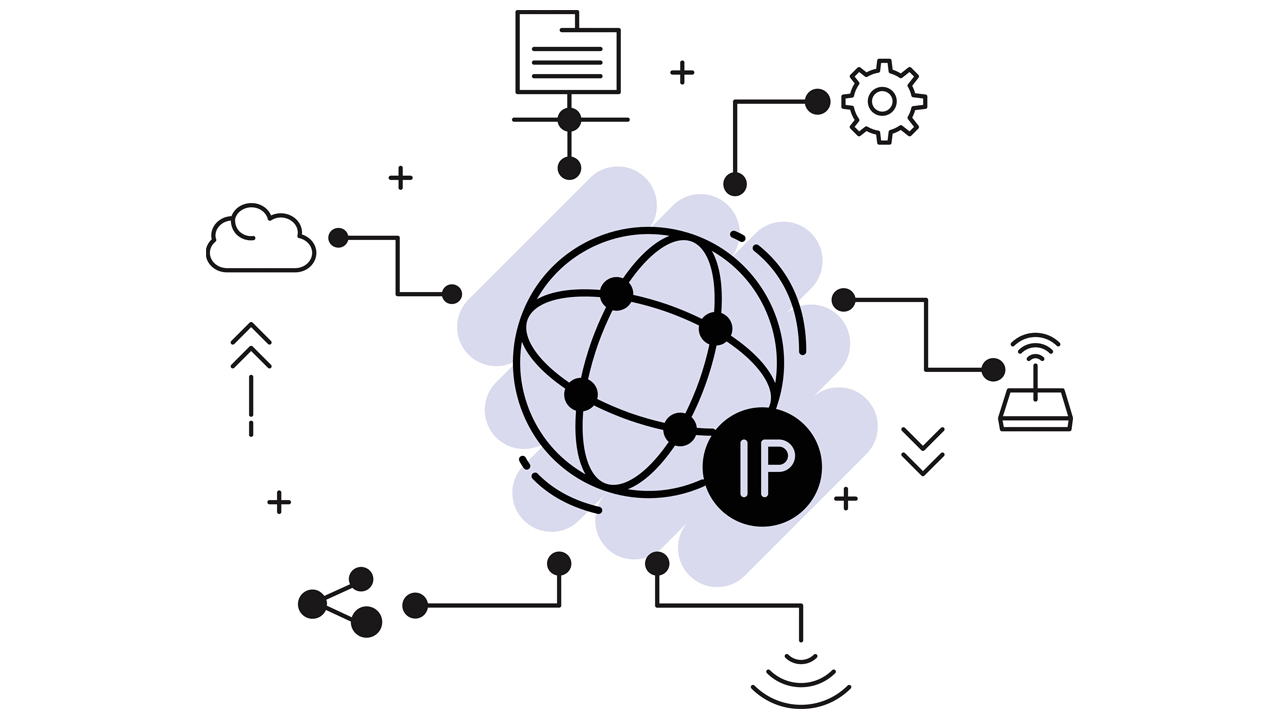How to change your IP address with a VPN
Need to change your IP address? Just follow our guide

Changing your IP address with a VPN is one of the most common reasons for using the software, and just about every single provider makes it a very straightforward task.
However, if you’re not familiar with VPNs you might be wondering how to get started – and here, we’ll be explaining how to change your IP address with a VPN and why you would want to do that in the first place, along with answering a few related questions.
Tom's Guide is collaborating with TechRadar to look at how our readers use VPNs with different devices so we can improve our content and offer better advice. This survey shouldn't take more than 60 seconds of your time. Thank you for taking part.
How to change your IP address with a VPN
If you’re signed up to one of the many quality consumer VPN providers on the market, it couldn’t be simpler to change your IP address – and if you’re not, we recommend ExpressVPN – Tom's Guide readers can currently claim three months free on a 12-month plan.
- Open up your VPN application. If this is the first time you’ve used it, accept any requirements it asks for on your device.
- Select which server you want to connect to. If you’re just looking for privacy, choose one in your home country. If you want to access content from another country, pick one in your desired location.
- Press the connect button – it should be easy to find.
- Wait a few seconds for the VPN to connect, and voila – you’re now using a new IP address!
Why should you change your IP address?
When browsing the internet at home, all of your traffic is tied back to your IP address, and you can also be monitored by your Internet Service Provider (ISP) who provides you with it. For more information on what an IP address is, check out our guide on how to find your IP address.
By using the IP address provided by your ISP all the time, it’s easy for said ISP and the websites you visit to build up a profile of your activity, which enables targeted advertising – and more sinister activities like total surveillance.
By using a VPN to change your IP address, every time you visit a website you’ll be using a different IP – one which many other users will be using as well – which means your activity can’t be traced back to you.

Can you choose your new IP address?
While all VPN apps will allow you to select the rough location of your new IP address, you usually won’t be able to choose it exactly. This is due to the fact that while VPNs have a huge number of IP addresses in their ownership, they are randomly assigned to users when they connect.
Sign up to get the BEST of Tom's Guide direct to your inbox.
Get instant access to breaking news, the hottest reviews, great deals and helpful tips.
There’s a reason for this. By changing the IP address each time you connect, as well as having other users sharing that IP address, it makes the tracking of activity much more difficult. Along with strong encryption, shared and rotating IP addresses are a key part of how VPNs keep you anonymous online.
Some VPN providers do offer a service called a ‘dedicated IP’. A dedicated IP address is one only you have access to, and it never changes. These are much more common in business VPN services which are designed to offer features like remote access to IP-restricted data, but some consumer VPNs like NordVPN, CyberGhost and PureVPN can provide one for a small fee.
For the general user, though, a dedicated IP is rarely useful. In fact, due to the fact that you are the only user who can connect to the IP, dedicated IPs make it much easier for advertisers and other data collectors to track your activity, negating one of the most common VPN uses.
In some cases, though, they can be useful. For example, if you only want a Netflix VPN to watch the US-only Netflix shows, buying a dedicated IP in the US could provide you with reliable coverage. However, the best streaming VPN services can do this with a shared IP, which provides much more privacy in the process.
Which VPN do we recommend?
The top-rated VPN service available today
ExpressVPN is our top choice for just about any use, be that staying private online or watching overseas streaming content. With over 3,000 servers in 94 countries you'll get a huge selection to choose from, the apps are super simple to install and use, and you can even try it risk-free for 30 days. What's more, Tom's Guide readers can claim three months FREE on any 12-month plan – what's not to like?

Mo is VPN editor at Tom's Guide. Day-to-day he oversees guides on the best VPNs, privacy, and cybersecurity content, which includes making sure all his recommendations are up to date, accurate, and as useful for the reader as possible. He's a daily VPN user himself – typically NordVPN, but he enjoys a variety – and as a digital privacy advocate he believes that every step should be taken to protect yourself online.

